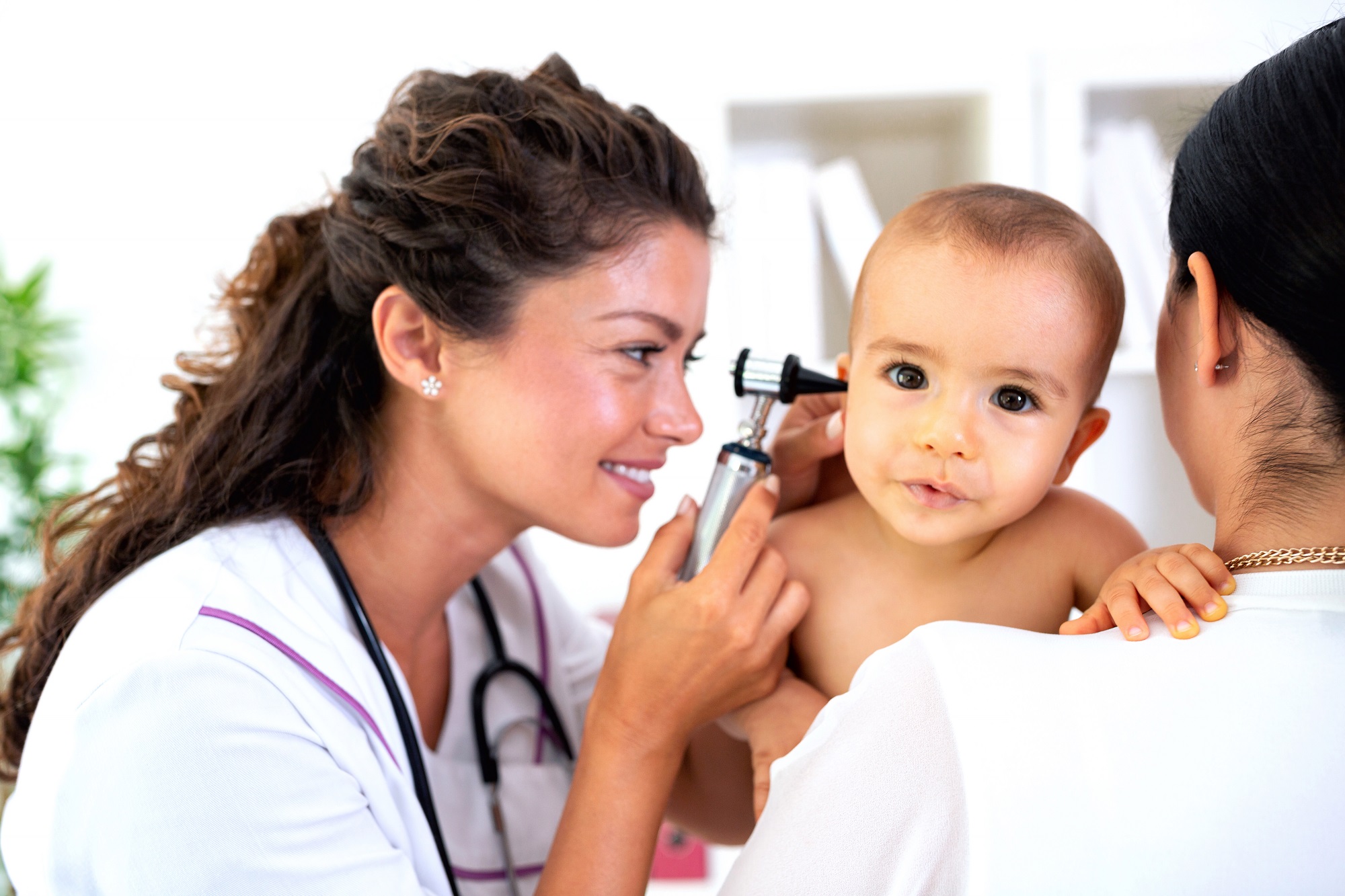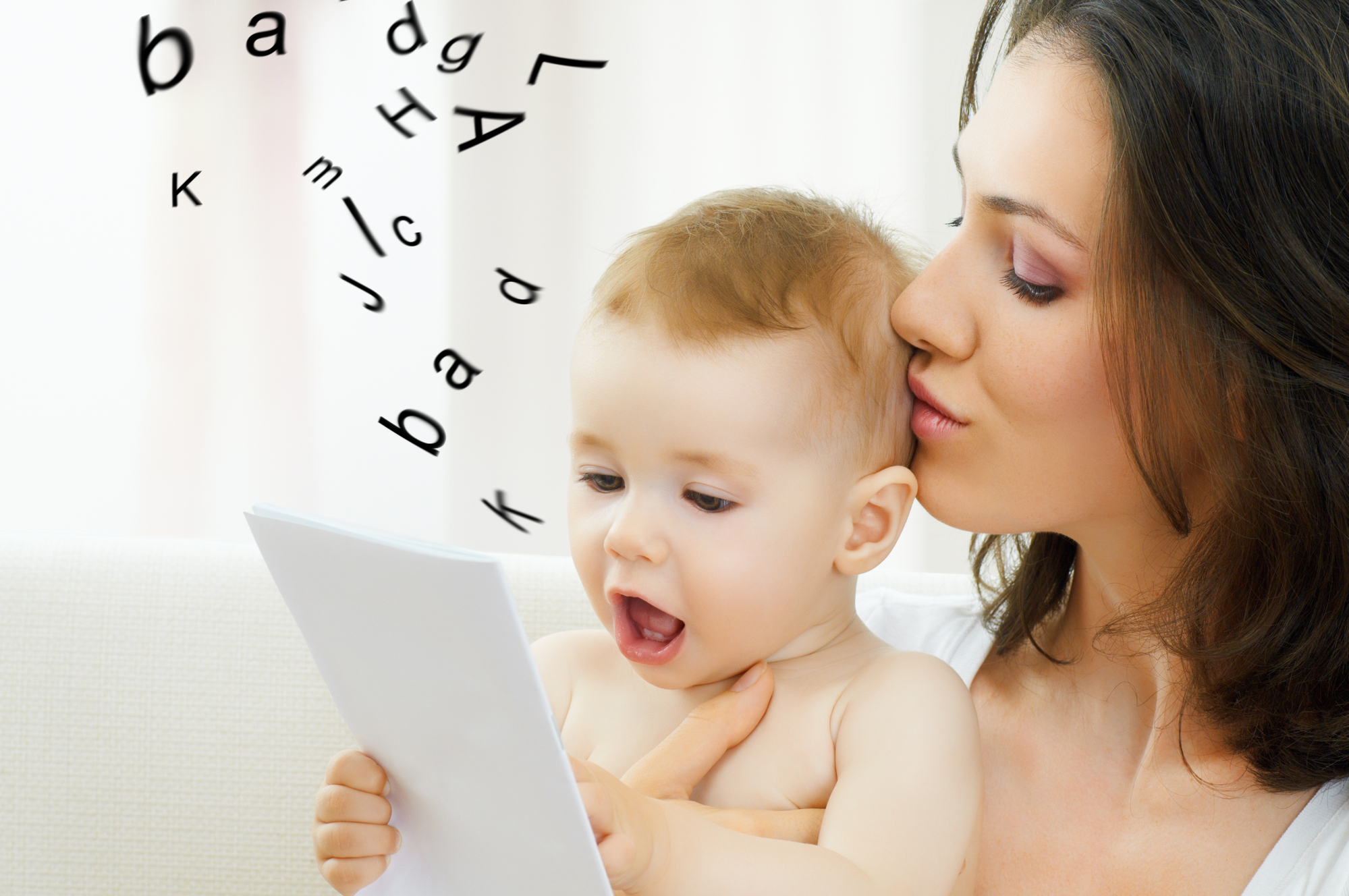By 18 months, your child should be learning new words all the time. Some children learn a new word every day whilst others learn 1 to 2 words a week. Your child should say between 20 and 200 words by this time. That’s a big difference, but this difference is because all children develop at a different pace. The good news is that even children who are slow to start to talk can catch up if you help them.
Children are often slower to develop speech and language if they develop middle ear issues. You can refer to the information on the Hear Today clinic website – www.heartoday.org.au – that explains all about ear infections and how this impacts on speech and language. 80% of children will get an ear infection in these early years. This becomes a problem if ear issues are ongoing or start to affect hearing.
Ear infections often go unnoticed, and so are untreated. For many children, it sounds as if they are listening underwater, with everything muffled and words not clearly distinguishable. If your child has ear infections, you may not realise unless you have an ear check with an Audiologist (hearing specialist). The Audiologist can tell you if there is an ear infection and also if this is impacting on hearing.
These are the signs to look for in your child that may indicate an ear infection:
- Your baby cries for no reason (after 5 months of age)
- Your toddler pulls at their ears
- Your toddler says there are “quacks” “Wheaties” or something else in their ears (children use this language because they can’t explain what’s going on)
- Your child’s speech is unclear
- Your child stops learning new words
- Your child doesn’t follow simple instructions
- Your child becomes scared of new situations or new people
Hearing loss is invisible, so, unless a hearing is measured, you won’t know whether your baby or toddler can hear all the soft sounds needed to develop speech and language. An annual hearing test is recommended for all children until they reach school age. If you are concerned about hearing or speech and language development, talk with a Paediatric Audiologist or have your baby or child’s hearing tested.
There are many services available to support children with hearing loss and early intervention is important in ensuring the best possible outcomes.
By Dr Lara Shur Au.D,
Director Clinical Services & Outcomes, COO & Co-founder Earbus Foundation of WA









